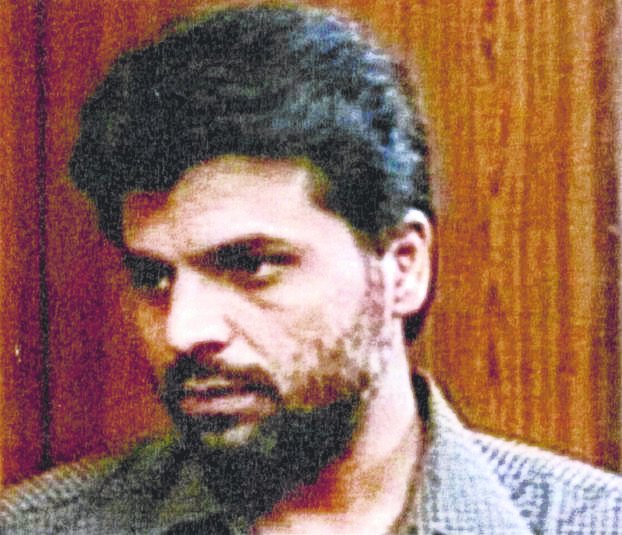
New Delhi, July 28: The debate on whether India should abolish the death penalty, re-ignited by the sentence to Bombay blasts convict Yakub Memon, has eclipsed the parallel discourse on a humane mode of execution, lawyers said.
A 12-year-old recommendation by the Law Commission, India's apex government legal think-tank, to introduce lethal injections as an "alternative mode of execution of death sentence" has remained unimplemented, human rights lawyers and other legal experts said.
The Supreme Court has over the decades heard several petitions challenging the death penalty and has ruled that it is up to Parliament to abolish it. Groups of lawyers too have been campaigning for India to join the 140-odd countries that have abolished the death penalty.
But, experts say, the nation has not substantially debated the mode of execution.
"Those who want to abolish the death penalty are unlikely to engage in a discourse on which is the best poison," said Yug Mohit Chaudhry, a leading human rights lawyer in Mumbai who has been campaigning against the death penalty in India.
Over the centuries, across the world, many convicts have been burnt, stoned, shot, electrocuted, disembowelled or gassed to death while others have been hanged or beheaded by a guillotine or an axe.
Since the early 1980s, several US states and a few other countries, including the Philippines and Guatemala, have introduced lethal injections.
In this method of execution, considered by some as more humane than hanging, a general anaesthetic called sodium thiopental is first used to put the prisoner to sleep. A second chemical, pancuronium bromide, relaxes the muscles and a third injection - potassium chloride - is used to stop the heart.
India's Supreme Court had in 1983 heard a petition that challenged hanging as a cruel mode of execution, claiming it violated the Constitutional right to life that many legal experts argue incorporates the right to die with dignity.
But, Chaudhry said, the apex court ruled that hanging was the most efficient and least painful method of execution.
The court examined several modes of execution, including electrocution, shooting and lethal injections, and observed that none of these held any distinct advantage over hanging, according to a website maintained by scholars at the National Law School, Delhi.
"There has never been a public debate on the mode of execution," said Narayan M. Ghatate, a senior Supreme Court advocate who had represented the petitioner who had challenged hanging as a mode of execution in 1983.
Ghatate was vice-chairman of the Law Commission in 2003 when the panel recommended that the lethal injection should be provided as an alternative mode of execution along with the existing method, "hanging by neck till death".
The commission had observed that hanging may cause lingering death, enormous pain and mutilation of the body, and need not be swift. In contrast, it said, the prisoner feels only a needle prick during a lethal injection, is put to sleep, and death is quick.
"But the government has not paid any attention to the (2003) Law Commission recommendation," Chaudhry said.
Legal experts said the Centre is not bound to accept the commission's recommendations.
Some of them added that not all prisons in the country may have the infrastructure, equipment and human resources to deliver lethal injections.
Besides, they said, the introduction of the lethal injection would require doctors to play an active role in executions by assisting in delivering the injections. Doctors are now merely expected to certify a hanged prisoner as dead.










